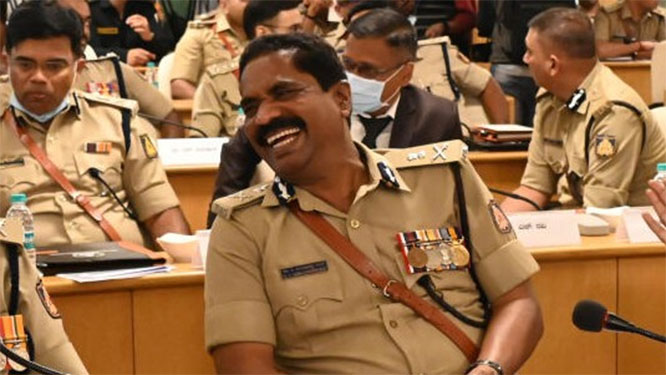Muscat, Aug 31: Three Indian expats hailing from Bhatkal, a coastal town located in south Indian state of Karnataka, have become the talk of the town after they rescued two Omanis from drowning risking their own lives.
The NRI heroes are Shahid Ruknuddin, Mohiddin Anas, and Mudassir Kola, who live in Al-Seeb, a coastal fishing city, located several kilometres northwest of Muscat, in north-eastern Oman.
The incident occurred on August 28, when two Omani nationals had gone out to sea along with their friends. Unfortunately, their boat capsized off the coast due to rough weather.
At the same time, the expat trio had gone to the same beach in the hopes of catching some fish. They were unsuccessful and were about to return, when they heard faint cries in the distance.
Concerned that it might be someone calling for help, they switched on their torch to see if they could spot anyone shouting for help from the water.
Mohiddin Anas, recalling their experience, said, “At about 11:30 pm, we went to the beach to try and catch some fish. Because the tide was low, we decided to stand on the rocks that would normally be submerged underwater to see if we could catch any. We heard someone shouting from a distance, but decided to ignore them, because we thought someone might be playing a joke from the parking lot.
“We stayed there for about 25 minutes, and decided to go home, but the shouting persisted, so we definitely felt someone was calling out to us,” he added.
“Since we had a very powerful torch to help us see underneath the waves. We switched our torch on and off to signal them, and each time they saw the signal, they’d shout at us loudly. We didn’t know what they were saying, but we knew someone was calling to us.
“We realised they were nearly a 45-minute swim away from us, they were quite far away,” added Anas.
“When we pointed the torch in the direction of their shouting, all we could see were a pair of eyes in the waves, at a distance. They were Omanis shouting at us in Arabic, but we don’t understand the language, so it was difficult to understand what they were saying.
“Keen to ensure the locals were rescued at the earliest, they gestured towards the stranded Omanis to swim towards them. The locals swam with all their might against the momentum of the rough waves, but had become exhausted about 20 or 30 metres away from the shore.
“Concerned they might not make it and caring little for his own safety, Shahid jumped into the water, which contained many jagged rocks, so that he could bring the two Omanis onto land before their situation worsened. On reaching dry land, the locals immediately ran to another boat, which they took out to sea to rescue the third Omani who had gone out to sea with them.
“They told us their friend was still out there, and he had to be rescued, although he knew how to swim,” he recalled.
“By this time, Shahid’s legs were bleeding, so we had to help him back to his room to rest. We went home at about two in the morning. They were trembling because of their ordeal, but are otherwise unharmed.”
Sharing his experiences of the part he played in rescuing the Omanis, Shahid asked that others be careful while going out to see, so that they do not face such a trying ordeal, one which they might not be so lucky to survive.
“The waves were very rough, and these people tried very hard to make it to the shore,” he said.
“To anyone planning to go out to the sea, please don’t go when the weather is bad, especially at night. There might not be anyone there to help you. I told my family of my involvement in helping these people, and my mother said it was our destiny to be there and save them,” said Shahid, who is now recuperating at home after his late-night experience.
“My shop may not be doing too well at the moment, but all of my concerns around it evaporated when I did my duty. The humanity we all have is more important than anything else in this world.”







Comments
Add new comment